Childhood cancer can have a great deal of tragic consequences. The loss of future fertility is probably a priority for any young boy about to undergo chemo therapy, or for his parents. Later on, however, such boys will almost certainly grieve over the fact they did not have the opportunity to freeze sperm, like older boys and men who undergo cancer treatment.
Stem cells could chance all that, researchers say! Chemotherapy and radiotherapy may have the life-saving ability to destroy cancer cells, but they can also kill the cells that produce sperm. For post-pubescent boys and adult men, freezing sperm samples for later use in IVF treatment offers the hope of becoming a father later in life. Boys who get cancer before they reach puberty do not have this opportunity, since they don't yet produce sperm. What these young boys do possess is the spermatogonial cells that would usually start making sperm in puberty.
Researchers from the University of Pittsburgh and the Magee-Womens Research Institute have cleverly jumped onto the stem cell bandwagon. The study team explored the possibility of freezing these spermatogonial cells to re-implant them in the body after chemo. On monkeys, of course. The (poor) monkeys had samples of these sperm cells extracted from their bodies, and were then given a chemotherapy drug. After the chemotherapy has ended, the monkeys had their stem cells put back in their bodies. The result was quite amazing nine out of 12 adult monkeys, and three out of five prepubescent ones, could produce sperm following the treatment and the stem cell procedure. Researchers went a step further than that, and fertilized eggs with the resulting sperm in a series of separate experiments. This appeared to cause no problems. What do you think about this development? To share your opinion, leave a comment.




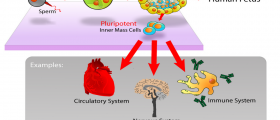
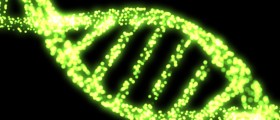

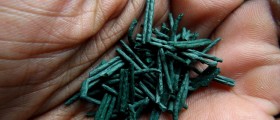


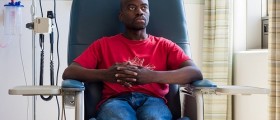

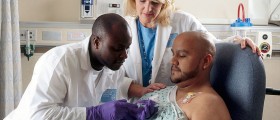


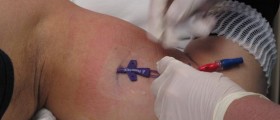


Your thoughts on this
Loading...